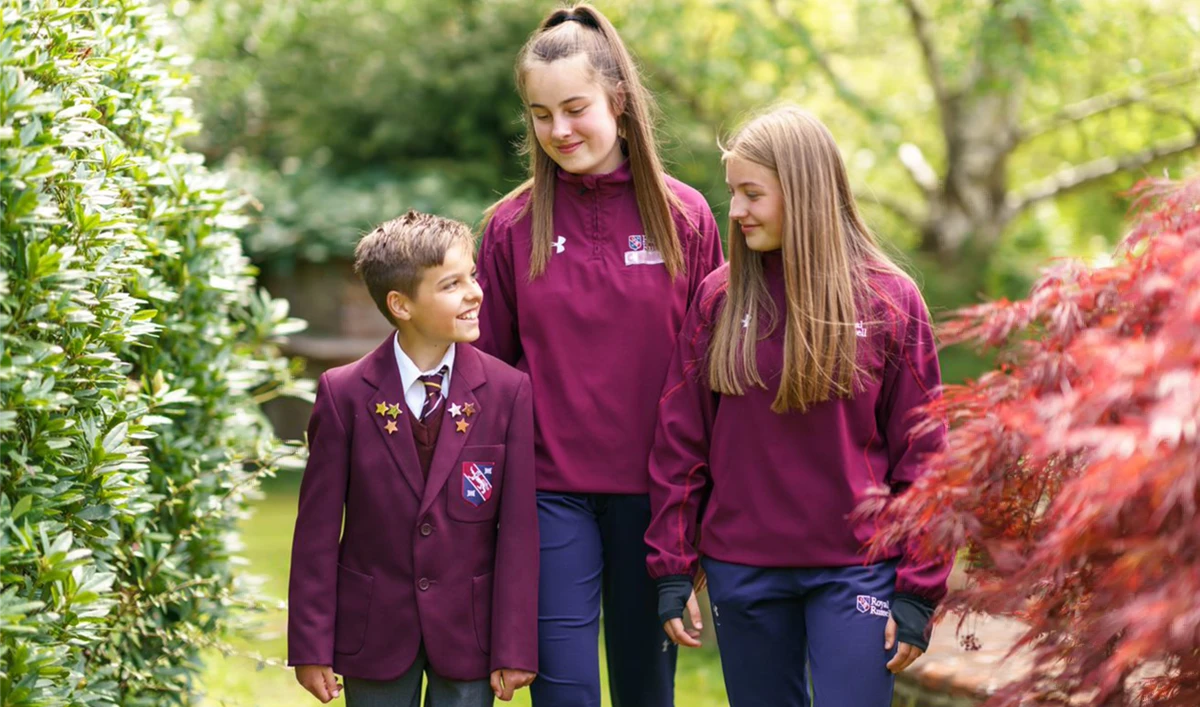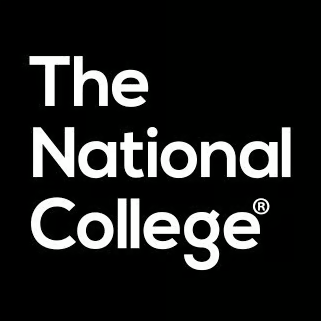Overview
Any child attending Royal Russell school in Vilnius will not only benefit from a rich and vibrant programme of studies but can also easily transition into any British or international school. Moreover, this includes having their studies recognised by the most reputable universities worldwide.
A global vision is embedded throughout the entire curriculum, and all subjects extend national borders and become universal. In addition to a rigorous and challenging academic programme, we also run lively sports, music, arts and drama programmes. This approach presents students with many opportunities to develop their skills and interests outside of the classroom.
A child’s learning capability is immensely heightened compared to adult learners, and it is during childhood that they can more easily pick up a second language, learn to play an instrument or develop athletic ability. Our curriculum aims high and our exceptional teachers motivate and inspire pupils to relish in their learning.
Pupils who complete their education will attain a high level of competency across all subjects. Learning is mostly question-based with an emphasis on problem-solving, aiming to build a pupil’s ability to reason and think independently.
Teaching and learning are about making the most of a child’s natural curiosity to learn and be inquisitive. In Early Years, learning takes place principally through guided play. As work gradually becomes more structured in Primary School, lessons are planned to be exciting and engaging.
Teachers plan lessons with differentiated outcomes allowing for a range of achievements. This enables teachers to match each experience as closely as possible to individual needs while providing scope for pupils to be stretched academically.
A wide range of subjects which include arts, science and humanities are covered in the British Curriculum. Students learn the basics of numeracy and literacy at the foundation stage of the curriculum. At primary level, students are taught the fundamentals of mathematics and English. Science, technology, humanities and arts subjects are also introduced as multi-disciplinary topics and integrated in school projects. The curriculum aims to hone students’ higher order thinking skills and encourage independent learning as they prepare for the GCSE examinations.
The British Curriculum is divided into blocks of years called ‘Key Stages’ (KS). Students are formally assessed at the end of each Key Stage. The first Key Stage is Early Years (Ages 2 to 5). After that, students enter primary level and complete KS1 (Ages 5 to 7) and KS2 (Ages 7 to 11). Secondary levels consist of KS3 (Ages 11 to 14) and KS4 (Ages 14 to 16). At pre-university level, students go through KS5 from the ages of 16 to 18. The Key Stages provide teachers a clear overview of a student’s academic progress and solutions to help students achieve their desired academic goals.
Teachers have the opportunity to be creative with lesson planning which results in differentiated outcomes and a range of achievements. As the curriculum covers many subject areas, students are encouraged to focus on the subjects they are good at while receiving support in subjects they find difficult. They are also taught to not only memorise facts but to gain a deeper understanding of what they are learning.
Students who are taught the British Curriculum sit for the GCSE examinations at the end of Key Stage 4 and A Levels at the end of Key Stage 5. This Key Stage is also referred to as Years 12 and 13 or the Sixth Form. Both GCSE and A Levels are recognised worldwide and opens up many opportunities to students when it comes to higher education. In addition, these qualifications are highly regarded by universities and companies in the United Kingdom and the rest of the world.
Although academics play a huge role in the British Curriculum, students have the chance to pursue their passions and interests in extracurricular activities. Activities such as team sports and performing arts are widely available in schools which provide the curriculum. The spirit of competition and camaraderie is also a strong feature of British boarding schools in the United Kingdom and their international branches. Students are also encouraged to develop skills in debating, discussing, questioning and problem-solving, which are important skills that will help greatly when they enter university and the workplace.

The Royal Russell school follows the English National Curriculum, and allocates children to year groups in the same way any school in the UK would. The table below provides the age to year group placement as well as an equivalent to the Lithuanian curriculum.
Having seen how the British Curriculum is structured, it is important to understand how this system can benefit your child. Each education system provides unique benefits to learners based on the explicit and implicit goals of the educational framework.
| Age as of 1st of September | Year Group (UK) | Year Group Equivalent Lithuania | Key Stage Grouping |
| 2 | Pre-Nursery | Nursery | Foundation/Early Years |
| 3 | Nursery | Nursery | |
| 4 | Reception | Nursery | |
| 5 | Year 1 | Nursery / Year 0 | Key Stage 1 |
| 6 | Year 2 | Year 1 | |
| 7 | Year 3 | Year 2 | Key Stage 2 |
| 8 | Year 4 | Year 3 | |
| 9 | Year 5 | Year 4 | |
| 10 | Year 6 | Year 5 | |
| 11 | Year 7 | Year 6 | Key Stage 3 |
| 12 | Year 8 | Year 7 | |
| 13 | Year 9 | Year 8 | |
| 14 | Year 10 | Year 9 | Key stage 4 |
| 15 | Year 11 | Year 10 | |
| 16 | Year 12 | Year 11 | |
| 17 | Year 13 | Year 12 | Key stage 5 / Sixth form |
Please get in touch with us at [email protected] to arrange a visit during your trip so that you can truly experience the atmosphere and character of our school. You will have much to discover and consider when choosing a boarding school and we are here to help you. If this is not possible, interviews can be carried out via Skype, WhatsApp, Facetime, WeChat or Zoom.
We run open days, and personal visits can be arranged by appointment throught the year. Individual families or small groups are welcome to view our outstanding on-site facilities and meet our staff and pupils at a mutually convenient time during any working school day.
If you are interested in visiting Royal Russell school in Vilnius and applying for a place, please get in touch with us via email or phone and you will guide you throughout the joining process.


